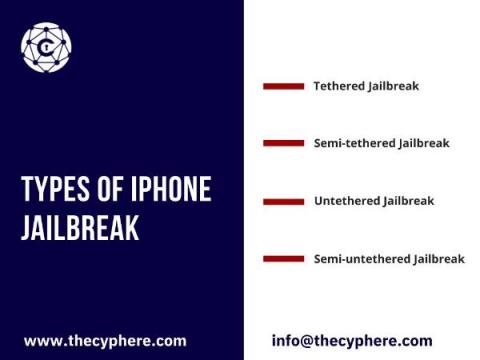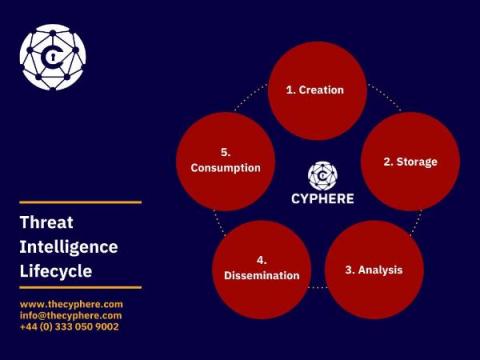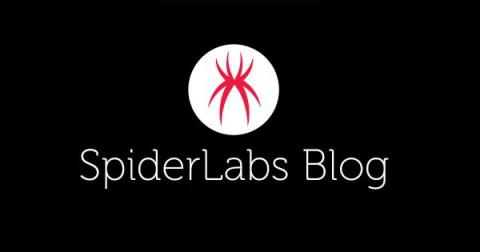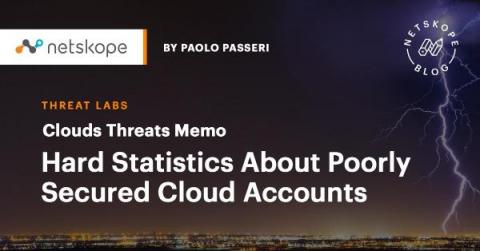Jailbreaking an iPhone: Should you Jailbreak yours?
The technical term jailbreaking implies that a locked-down electronic device has been changed to remove restrictions and allow the installation of unauthorised software. Although the term contains breaking, it doesn’t involve breaking anything physically.











